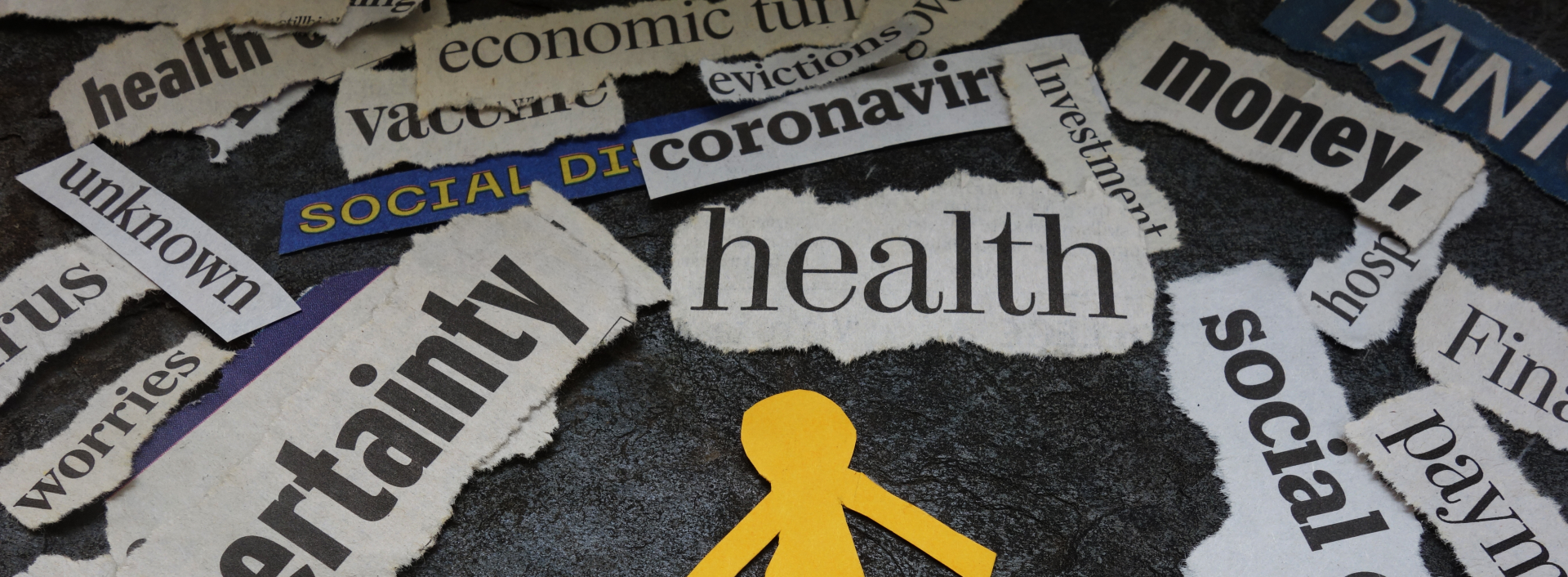But for millions more it has exposed people to an unforeseen and unexpected set of challenges that have pushed people to the very edge.
Published 15th June 2021
Mental pressures: a less talked about symptom of the pandemic
To say the last 15 months have been tough would be nothing short of an understatement. For the many people that I have spoken with the pandemic has put untold pressure on individuals, families and our wider society. For those who were already hardest hit prior to the pandemic; struggling with poor housing conditions, challenges around low income and welfare or mental wellbeing, the pandemic has exacerbated the challenges that they were already facing.
Across our network we have heard stories of the immediate impacts of the pandemic. Particularly for those without internet access and affected by lack of connectivity and those facing the prospects of being unable to pay their rent to keep a roof over their heads.
However, emerging now are the many stories of the untold mental pressures that COVID has had. Individually and collectively we have had to deal with an enormous amount. As we start to look to the recovery phase of the pandemic and ‘build back better’, we need to think carefully about how we can start to build back the individual resilience of people which can only come about through the fostering of human connection and relationships.
Over the last 6 months I have been listening to people who prior to the pandemic were ‘seemingly OK’. They had stable’ish’ jobs or running their own businesses or organisations that were bringing in enough income to have relative financial security, had homes (some in rented, some home owners) and the challenges faced were nothing more than the everyday issues life presents.
The pandemic has exposed millions of people to pressures that they have not faced before. Economic uncertainty meaning the worry of not being able to pay bills or shopping, the challenges caused by emergency schooling coupled with holding down a job, the prospect of unemployment or having to deal with the potential closure of a business and an overwhelming pressure caused by the concern for our own health and that of our loved ones.
On their own, each of the challenges above can bring about undue stress and pressure causing cracks and fractures for our own mental wellbeing as well as in our relationships and families. Together, it is inevitable that those cracks worsen and our situations break.
As the restrictions lift and life returns to the ‘normal’, we must not assume that the pressures of the last 15 months will be forgotten. For millions, who were just about ‘OK’ prior to the pandemic, they may not be OK when regular life returns. We are yet to see the true impacts of the pandemic on our economy, health and communities and we need to respect that for some, things are still just about being held together by a thin thread of certainty.
Whether or not there is a post COVID trauma that emerges for people is yet to be fully recognised, but what we are hearing is that we need to invest now, more than ever, in the local grassroots infrastructure that sought to keep us connected during the pandemic.
The first responders and community organisers who self-organised their streets, who connected neighbours together and brought the organisations responding on a local level together to provide a co-ordinated response must not just be heralded for work they have done, but acknowledged and recognised as a key asset of the community.
If we are going to mitigate against the potential fall out of the mental pressures caused by COVID then the only way we will do that is by ensuring we can continue to strengthen the connections and relationships between people. We need to invest in the social infrastructure of our places. This social infrastructure is the glue that holds the networks and relationships between people together and was the foundation of the community response from which we can build.



